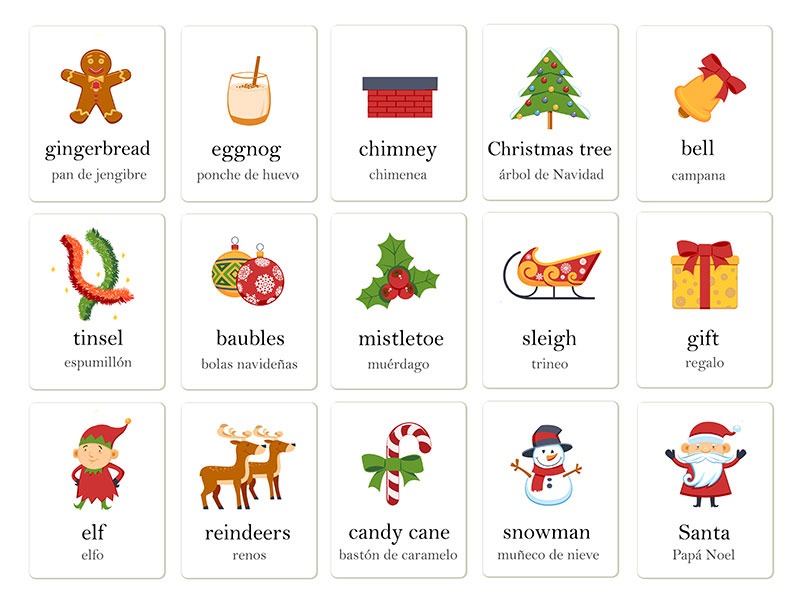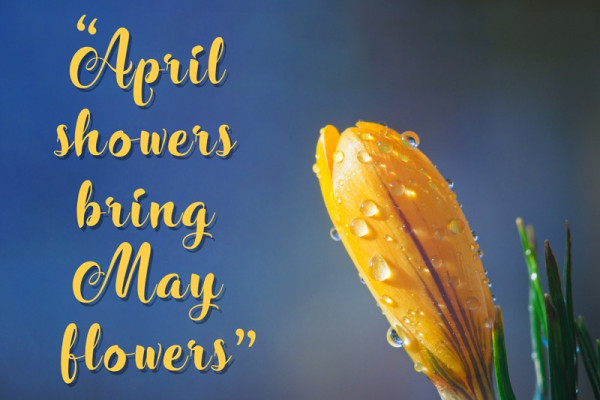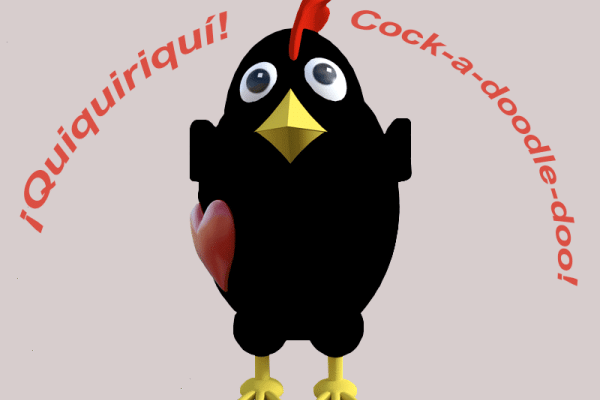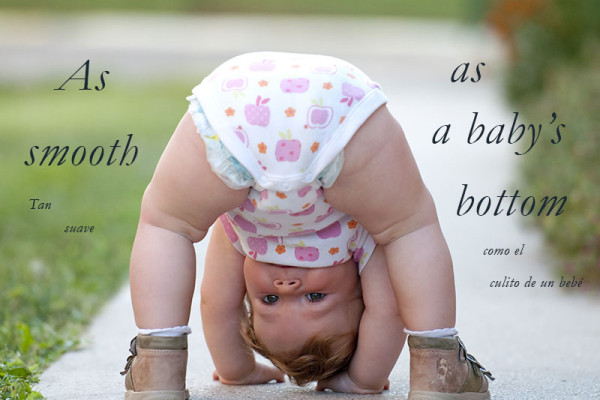How to find the time to study during the holidays?
+useful vocabulary for this time of the year

We know, the last thing you want to do during the holidays is study or do anything that resembles “work”. If anything, it’s precisely the time to forget all you “have to do” and do the things you actually “want to do”- like relaxing, spending time with your family, eating and watching movies, or decorating your tree while listening to Christmas music. What you might not realize is that you can do all that, and practice your English at the same time.
Learning languages, like learning just about everything else, requires consistency in order to keep your knowledge fresh. Scientists say that apparently, we forget everything we learn after 2-3 days, unless we revise it. When it comes to information, it’s not about how much we try to memorize, it´s about how often we do it. Particularly when studying languages, spending hours in front of books that teach you grammar rules is completely pointless unless you practice and integrate new words into your everyday life. You can do it naturally, just by paying attention to what’s already going on and, at the same time thinking of how you’d say that in English.
So what is the good news? The winter holiday is not only a good time to study English, it’s the perfect time. Especially when it comes to vocabulary that is specific for this time of the year. And I don’t mean just wishing people: “Merry Christmas” or “Happy New Year”. I am referring to the words or phrases you will find in English books and stories, Christmas carols, or movies about this “jolly” time of the year.
Because only during the holidays do people eat gingerbread and candy cane, drink eggnog while sitting in a cosy chair and warm up in front of the chimney. ‘Tis the season1 to decorate evergreen trees with tinsel and baubles (in the US they simply call them glass balls). To wait for the elves to finish wrapping presents so that Santa can bring them in his sleigh led by Rudolph and the other reindeers (we’ve known eight of his reindeers since 1821, but in the 20th century we’ve discovered a ninth -Rudolph, originally an outcast because of his glowing red nose, but now the most popular one precisely for that). Then, after Christmas it’s when we start to make New Year Resolutions and dream of kissing somebody under the mistletoe.

So… Cheer up! No one says you can’t relax and have a good time but if you also take a peek at the lyrics while you listen to the music, or you choose to watch movies with subtitles instead of voice-overs, you might actually end up speaking and understanding English better after the holidays than you did before.
You need another reason? If you are still in school then you know that right after the holidays is when exams and tests start so if you need some time to catch up on what you were slacking, this is your opportunity. Plus, if you don’t disconnect completely you’ll feel less stressed when school starts again. If you’re not a student anymore and you’re working, then you know that, as much as you feel too busy to study during the holidays, you’ll be even busier come January. So why not put “improve my English” on your list of resolutions? If you need an extra push or just some help along the road, make sure to follow us at Lewolang, or subscribe to this blog as we’re committed to help you make 2018 the year you’ll finally fulfill your dream of learning or improving your English.
Whichever, you need to keep it up!
Artículos relacionados
2 comments
Martha liliana
says:
CRISTIAN SANCHEZ
says:
Comment















